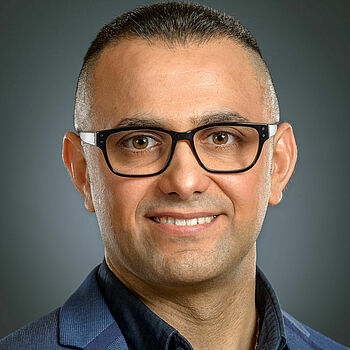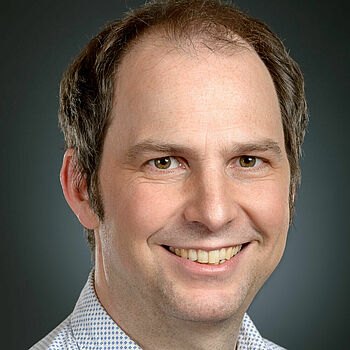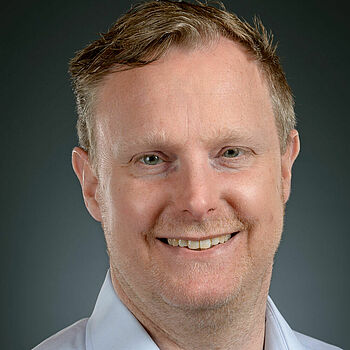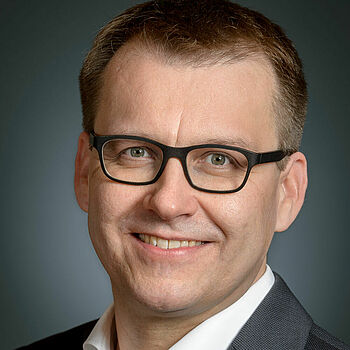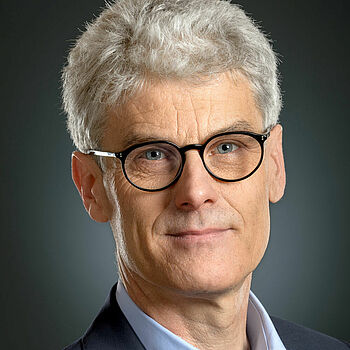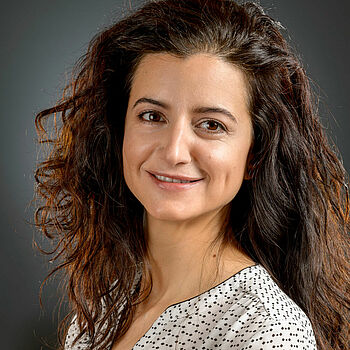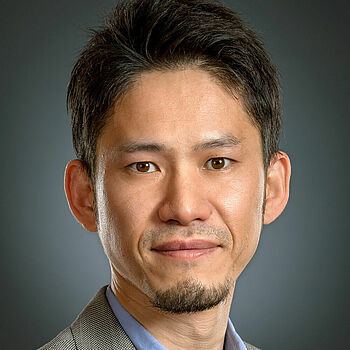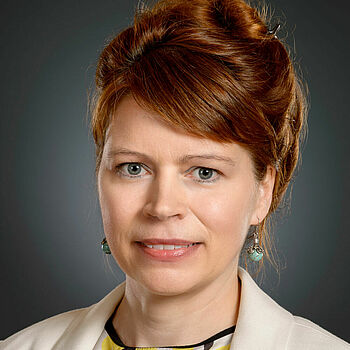DZNE Dresden
The brain changes throughout a person’s entire life. Its structure and function are directly related to each other. This reciprocal relationship is called plasticity. The scientists at the DZNE in Dresden are investigating these underlying processes in the adult and aging human brain, studying the role of plasticity as the brain’s ability to compensate becomes particularly important when faced with the pathological degradation of neurons.
The results obtained from this research will help to develop preventive measures and treatments against neurodegenerative diseases. For example, the goal is to awaken the body’s own capabilities that contribute to balancing and restoring damaged and destroyed neurons.

We are researching how to keep the brain healthy into old age.
Stem cells play an important role in the work at the Dresden site. ‟Adult neurogenesis,” meaning the formation of new nerve cells in the adult brain, originates in stem cells that are preserved in the brain throughout a person’s entire life. Specific activation of these cells could build up reserves that could be utilized to protect the brain from neurodegeneration.
In Dresden, the experts from fundamental research and clinical research work together in close cooperation. Their goal is to expand their findings and make them available for treating patients. For this reason, the clinical studies focus on two aspects: identifying the early stages of disease, on the one hand, and, on the other, finding approaches and strategies to intervene as early as possible.
Getting involved can make a big difference!
By participating in scientific studies, donating brain tissue or providing financial support, you can make a significant contribution to medical progress and a healthy future.
Clinical trial unit (CTU)
Further information and contact to our local clinical study team can be found here.
Clinical studies
Here you will find a current overview of our clinical studies.
Researchers in Dresden
Site coordination
Dr. Klaus Fabel
Office
office-dresden(at)dzne.de
+49 351 210 463-705
Address
Tatzberg 41
01307 Dresden

